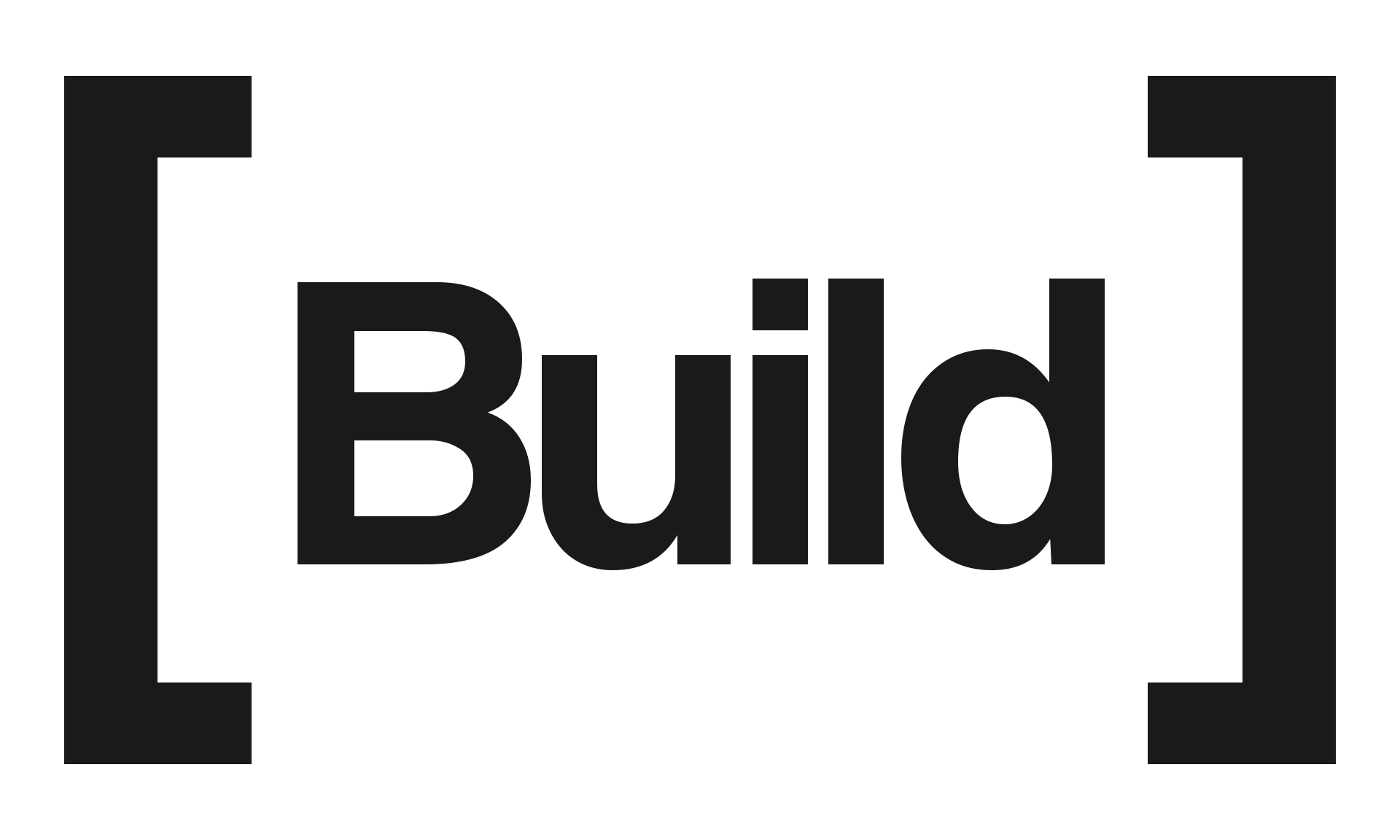Due Diligence Buying Business: A Comprehensive Guide

Buying a business is a significant investment that requires careful planning and evaluation. Due diligence, the process of examining a business’s financial, operational, and legal aspects, is essential in this journey. It’s the buyer’s way of verifying that the business is as advertised and identifying any potential risks or issues. This post will break down the due diligence for buying a business process and provide insights on what buyers should focus on to make well-informed, confident decisions.
What is Due Diligence for Buying a Business?
Due diligence is an in-depth investigation of a business to assess its value, risks, and potential. It involves reviewing documents, interviewing stakeholders, and analyzing various aspects of the business to ensure that the investment is sound. The process typically covers multiple areas, including financial records, legal obligations, operational workflows, and employee information.
Conducting due diligence can take several weeks or months, depending on the size and complexity of the business. It’s a crucial step that can reveal hidden liabilities, validate key business metrics, and support negotiations.
Key Areas of Due Diligence
Here are the essential areas of due diligence that buyers should focus on:
-
Financial Due Diligence
- Financial due diligence verifies the financial health of the business. It involves examining the balance sheet, income statement, and cash flow to ensure the business’s financials are accurate and sustainable.
- Key areas to review include:
- Revenue: Confirm the business’s revenue streams, major clients, and any recurring vs. one-time income.
- Expenses: Break down both fixed and variable costs and look for any one-time or discretionary expenses that may not reflect ongoing operations.
- Debt and Liabilities: Identify any outstanding debts, loans, or financial obligations that you might inherit.
- EBITDA Adjustments: Check for non-recurring items or owner-specific expenses to get a realistic view of earnings.
-
Legal Due Diligence
- Legal due diligence ensures the business is compliant with applicable laws and has no pending legal issues. Key areas to examine include:
- Contracts and Agreements: Review key contracts, including leases, supplier agreements, customer contracts, and employee agreements. Make sure they’re transferable if needed.
- Intellectual Property (IP): Verify that the business owns all necessary IP rights, including patents, trademarks, copyrights, and proprietary technologies.
- Litigation and Disputes: Check for any ongoing or past lawsuits, disputes, or regulatory issues that may impact the business’s reputation or finances.
- Legal due diligence ensures the business is compliant with applicable laws and has no pending legal issues. Key areas to examine include:
-
Operational Due Diligence
- Operational due diligence examines the business’s processes, supply chains, and operational efficiency. This can reveal if the business has efficient workflows or if there are areas for improvement.
- Consider these factors:
- Business Processes: Map out core operational processes and identify potential bottlenecks.
- Supply Chain: Review supplier contracts, evaluate dependency on specific suppliers, and assess the stability of supply sources.
- Customer Concentration: If a large percentage of revenue is generated by a few clients, losing one could significantly impact the business. Assess customer concentration risk and explore any customer contracts that can mitigate it.
-
Human Resources Due Diligence
- Employees play a critical role in the business’s success. HR due diligence reviews staffing, compensation, and employee satisfaction.
- Key areas include:
- Employee Contracts: Review employment agreements and ensure compliance with labor laws.
- Compensation and Benefits: Examine compensation structures, benefits, and incentives. If there are any special benefits tied to the current owner, you may need to adjust them.
- Turnover Rates: High employee turnover can be a red flag, indicating potential issues with company culture or management.
-
Technology and IT Due Diligence
- For businesses reliant on technology, IT due diligence assesses the stability, security, and scalability of the technology infrastructure.
- Areas to focus on:
- Software and Systems: Review any proprietary or third-party software the business uses. Check for licensing, support agreements, and upgrade paths.
- Data Security: Ensure compliance with data protection regulations and verify the robustness of cybersecurity measures.
- IT Infrastructure: Evaluate hardware, networks, and other tech resources to gauge if additional investment is required.
-
Tax Due Diligence
- Tax due diligence is essential to identify potential tax liabilities and ensure that the business is up-to-date with tax obligations. A thorough review includes:
- Tax Returns: Review past tax returns to confirm accuracy and identify any red flags.
- Unpaid Taxes or Liens: Confirm there are no unpaid taxes, outstanding tax obligations, or tax liens.
- Nexus and Compliance: For businesses operating across multiple states or countries, ensure they comply with all applicable tax jurisdictions.
- Tax due diligence is essential to identify potential tax liabilities and ensure that the business is up-to-date with tax obligations. A thorough review includes:

Need Help Getting Your Startup's Accounting and Taxes Streamlined, Simplified, and Headache-Free?
Schedule a Free Consultation Today
Common Red Flags in Due Diligence for Buying a Business
As you go through the due diligence process, keep an eye out for potential red flags. These issues might not necessarily break the deal, but they’re worth discussing and addressing before moving forward:
- Inflated Revenue Figures: If revenue has been artificially boosted by non-recurring income or aggressive accounting, the business’s earnings might not be sustainable.
- High Customer Concentration: A few clients making up the majority of revenue can be risky if any decide to leave.
- Undisclosed Liabilities: Unreported debts, legal liabilities, or contingent obligations can become financial burdens after the acquisition.
- Unusual Employee Turnover: High turnover rates or low employee morale could suggest underlying operational or cultural issues.
- Unclear Intellectual Property Ownership: IP-related legal disputes or unclear ownership could affect the business’s competitive advantage.
Steps to Take After Due Diligence
After completing due diligence, you’ll have a clear picture of the business’s strengths, weaknesses, and potential risks. Here’s what to do next:
Reassess the Deal Terms: Use insights from due diligence to renegotiate terms if necessary. This may involve adjusting the purchase price, structuring earn-outs, or adding contingencies.
Develop a Transition Plan: If you decide to proceed with the acquisition, create a detailed transition plan to ensure a smooth handover of operations, customers, and employees.
Finalize Legal Documentation: Work with your legal team to finalize all contracts, agreements, and legal obligations, ensuring they reflect any adjustments made during negotiations.
Final Thoughts
Due diligence is a vital step in the business acquisition process. It can seem daunting, but by thoroughly examining each aspect of the business, you’ll uncover the information needed to make a well-informed decision. Investing time in a thorough due diligence process helps ensure you’re not only buying a business but also setting yourself up for a successful, sustainable venture.
Carefully conducted due diligence can reveal potential deal-breakers or offer negotiation leverage. Armed with insights from this process, you’ll be able to approach your acquisition with confidence and a clear understanding of the business’s true value.
Like this Content and Want More Like it?
Sign up for helpful tips to reduce your taxes, receive tax deadline reminders, and get free resources, guidance, and walkthroughs sent right to your email.
About the Author

Brett Rosenstein
Founder of Build Accounting
Certified Public Accountant
Brett is the founder and president of Build Accounting where he provides accounting, tax filing, and CFO services for tech startups and SaaS businesses. His goal is to make the accounting and tax process as simple, streamlined, and headache-free for business founders as possible.
Brett received a Bachelor of Science in Business Administration from The Ohio State University. He is also a Certified Public Accountant.
When Brett is not working, he is running, biking, spending time with his wife and daughter, or trying new pizza places.
Schedule a Free Trial!
Get started today by scheduling a call to see how we can help your tech startup or SaaS business. We’ll respond as soon as possible.
By submitting this contact form, you consent to receive email communications from Build Accounting, including our newsletter with quick time and tax saving tips. You may opt-out at any time.

